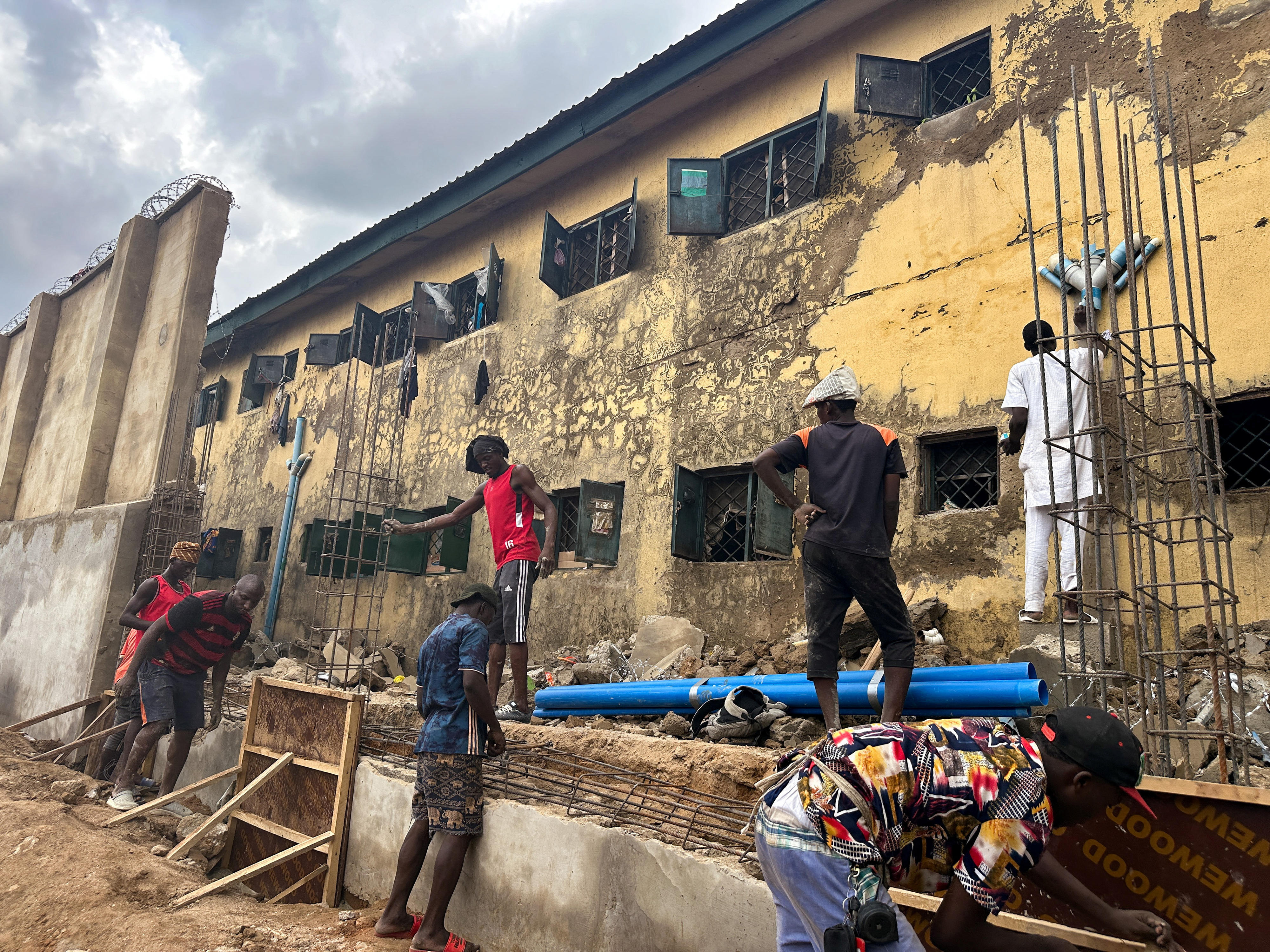Impact of Trump’s remarks on shooting

People attend a rally calling for “massive resistance” against US President-elect Donald Trump on December 19, 2016 in New York. PHOTO | FILE
When President Donald Trump suggested that US service members could open fire at the thousands of migrants currently on their way to the American border, he likely wanted to reach two audiences: voters demanding a hard-line stance on immigration and the migrants making their way through Mexico.
But his words were also heard much farther away from Washington: in Nigeria, where Trump has a higher approval rating than anywhere else in Africa.
On Friday, the Nigerian army took to Twitter to defend its decision open fire at Shiite protesters in the capital, Abuja - by citing Trump.
“Please Watch and Make your Deductions,” read the tweet, which included a video clip in which Trump says: “Anybody throwing stones, rocks ... we will consider that a firearm because there is not much difference.”
“They want to throw rocks at our military, our military fights back,” Trump said in his Nov.
1 remarks.
The Nigerian military’s tweet came the same week its service members opened fire on a march of protesters belonging to the Islamic Movement of Nigeria (IMN), who were demanding the release of their jailed leader, Ibrahim el-Zakzaky. IMN represents many members of Nigeria’s Shiite minority and opposes the use of violence.
After Zakzaky’s arrest in 2015, the Nigerian government accused him of an assassination attempt against the country’s army chief of staff. Zakzaky denies those allegations.
During Zakzaky’s 2015 arrest, Nigerian soldiers are believed to have killed hundreds more members of the group. IMN says that at least 42 people were killed by Nigerian forces on Monday and Tuesday.
The Nigerian army did not immediately respond to a request for comment.
The latest violence is part of a broader crackdown by the Nigerian government on the country’s Shiite minority.
The crackdown has triggered international condemnations.
“Any Shia in Nigeria is under threat and can be gunned down any day, any time, any minute,” IMN youth leader Muhammed Ibrahim Gamawa told Reuters.
On Thursday, Tibor Nagy Jr., the US assistant secretary of state for African affairs, took to Twitter to condemn the violence. “Very concerned by the deadly clashes between Nigerian security forces and IMN members,” Nagy wrote. “We call on both sides to exercise restraint, and we urge the Government of Nigeria to conduct a thorough investigation & hold accountable those responsible for violating Nigerian law.”
But only hours later, the Nigerian army tweeted out Trump’s remarks the same day. The U.S. president has never directly addressed the Nigerian sectarian tensions, but the case is yet another example of how Trump’s domestic rhetoric is being used abroad to justify violence and has damaged the influence of U.S. diplomats who try to uphold official State Department policies.
Trump’s repeated attacks on the media have made it harder for diplomats abroad to defend press freedom. On trade, the president has weakened the standing of the World Trade Organization by ignoring its trade war warnings and confronting China. That decision could still have broader implications in the future by preventing other disputes from being solved, with Trump blamed for breaking the international consensus first.
Trump’s at times friendly treatment of North Korean leader Kim Jong Un has also raised questions in other authoritarian nations about whether Trump values personal ties more than actual progress on improving human rights records, previously a cornerstone of US diplomacy.
Overall, Trump’s “America First” approach has satisfied the needs of some rulers, but it has left the United States far more isolated than in previous decades. Diplomats working abroad complain that the United States may still be shaping global politics, but it’s no longer controlling the message.
Friday’s tweet by the Nigerian army is just the latest example of that.
The Washington Post’s Max Bearak in Nairobi contributed to this report.




